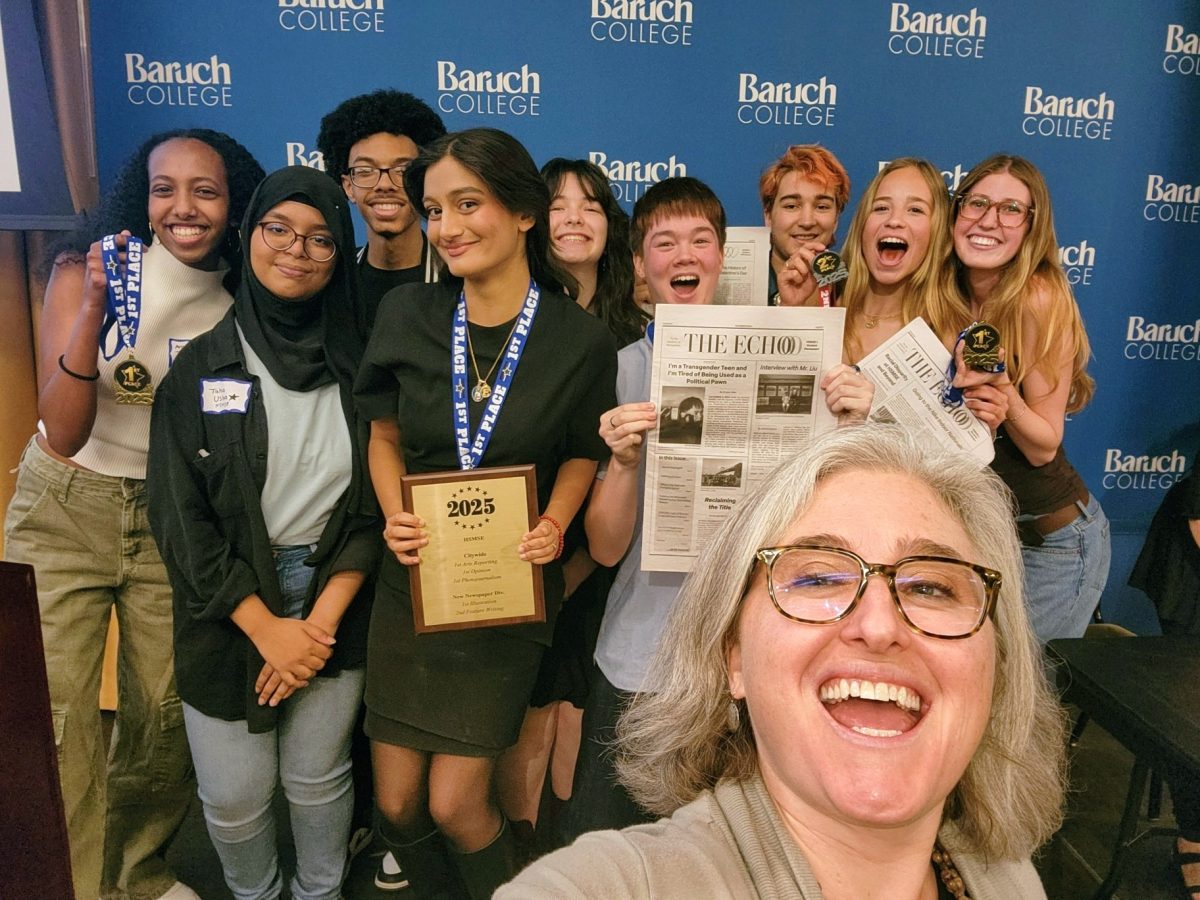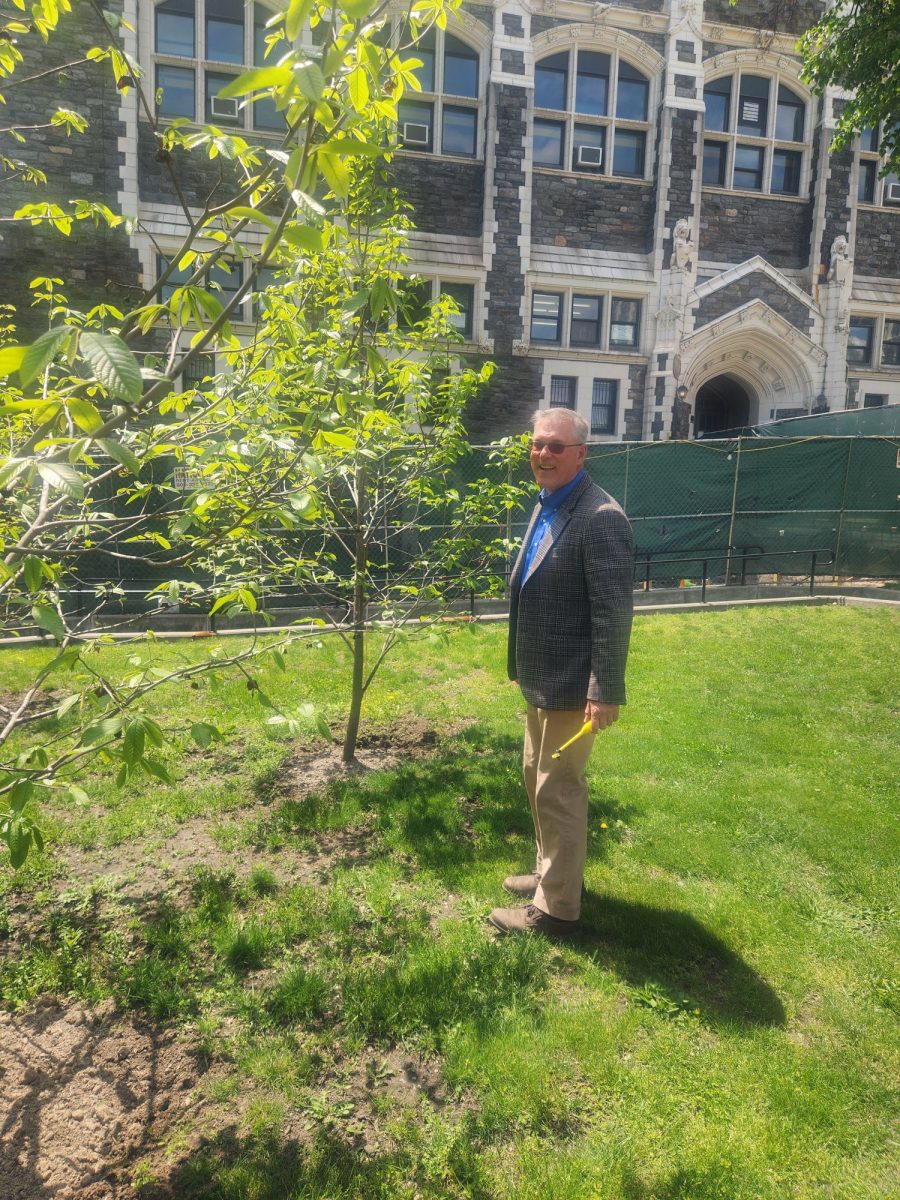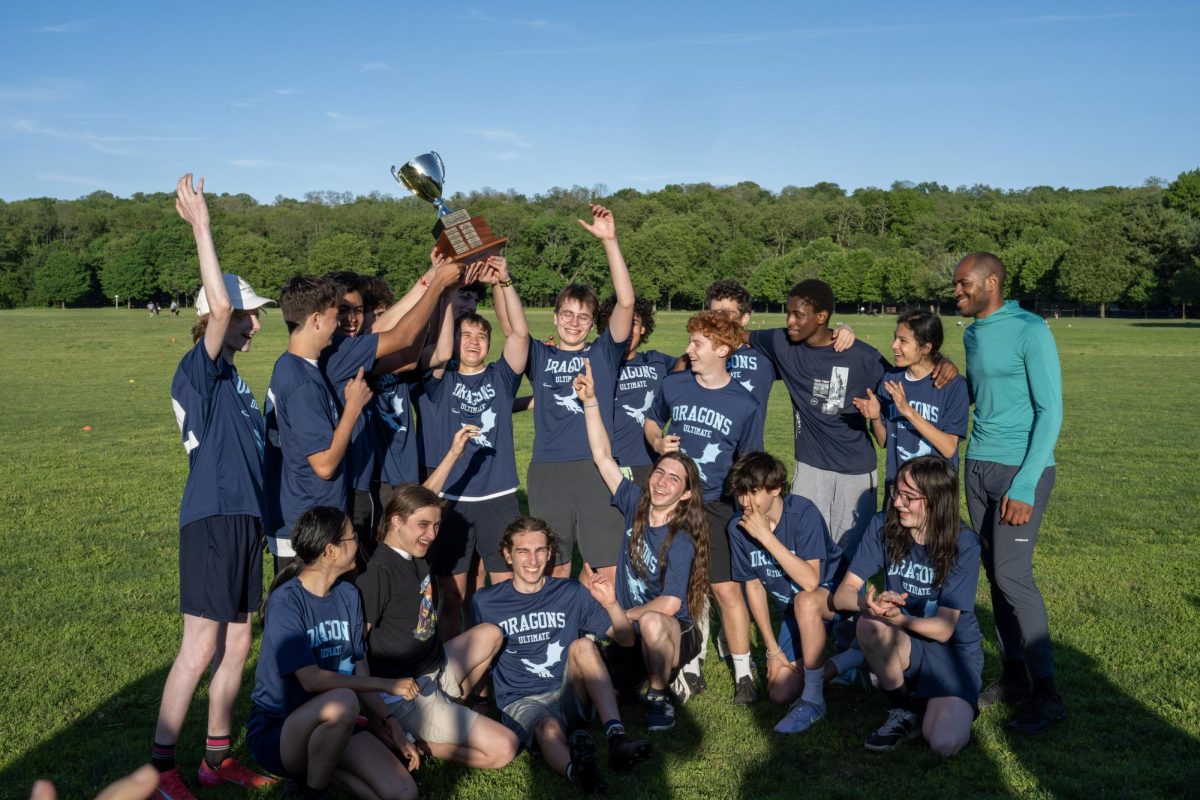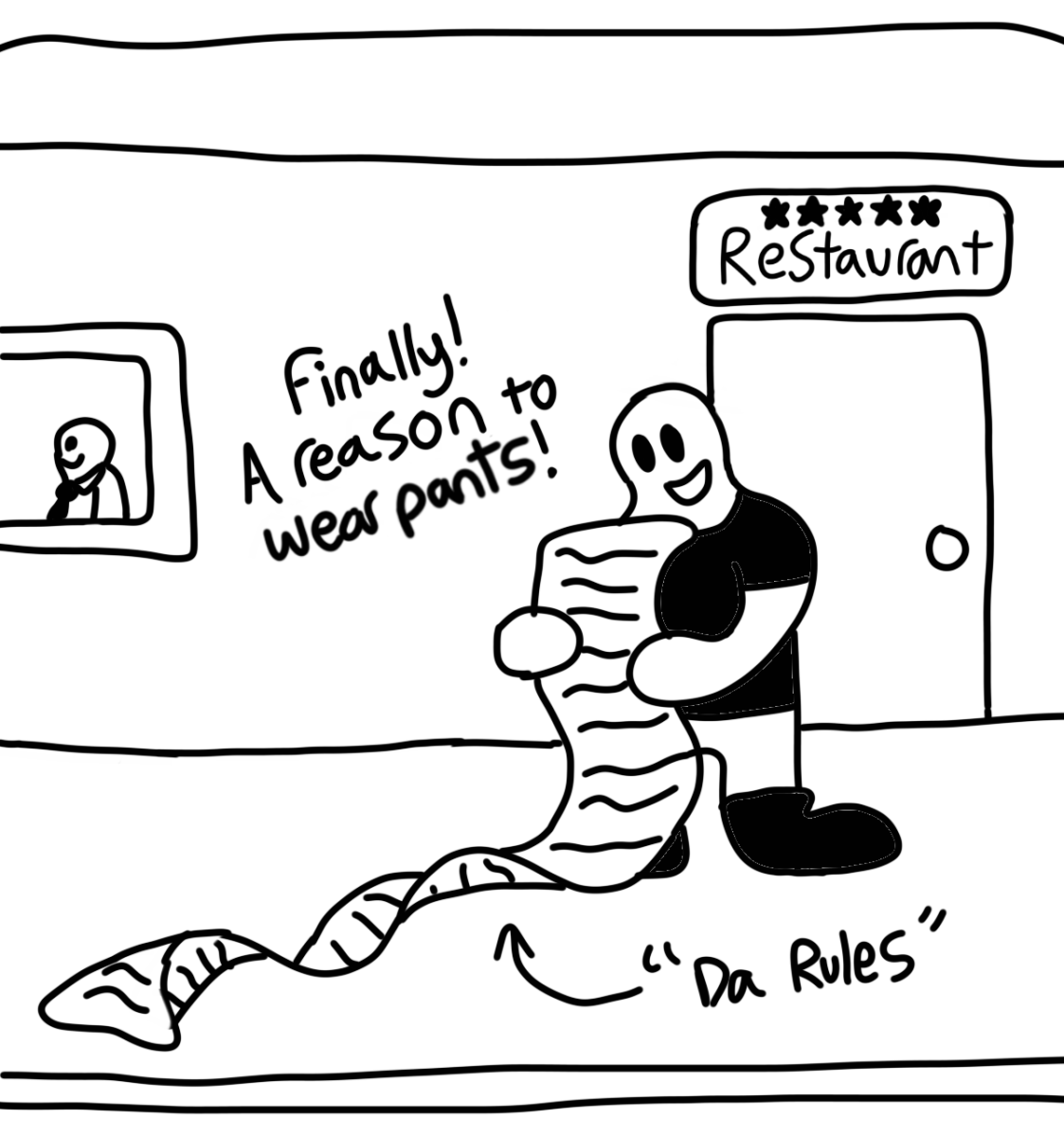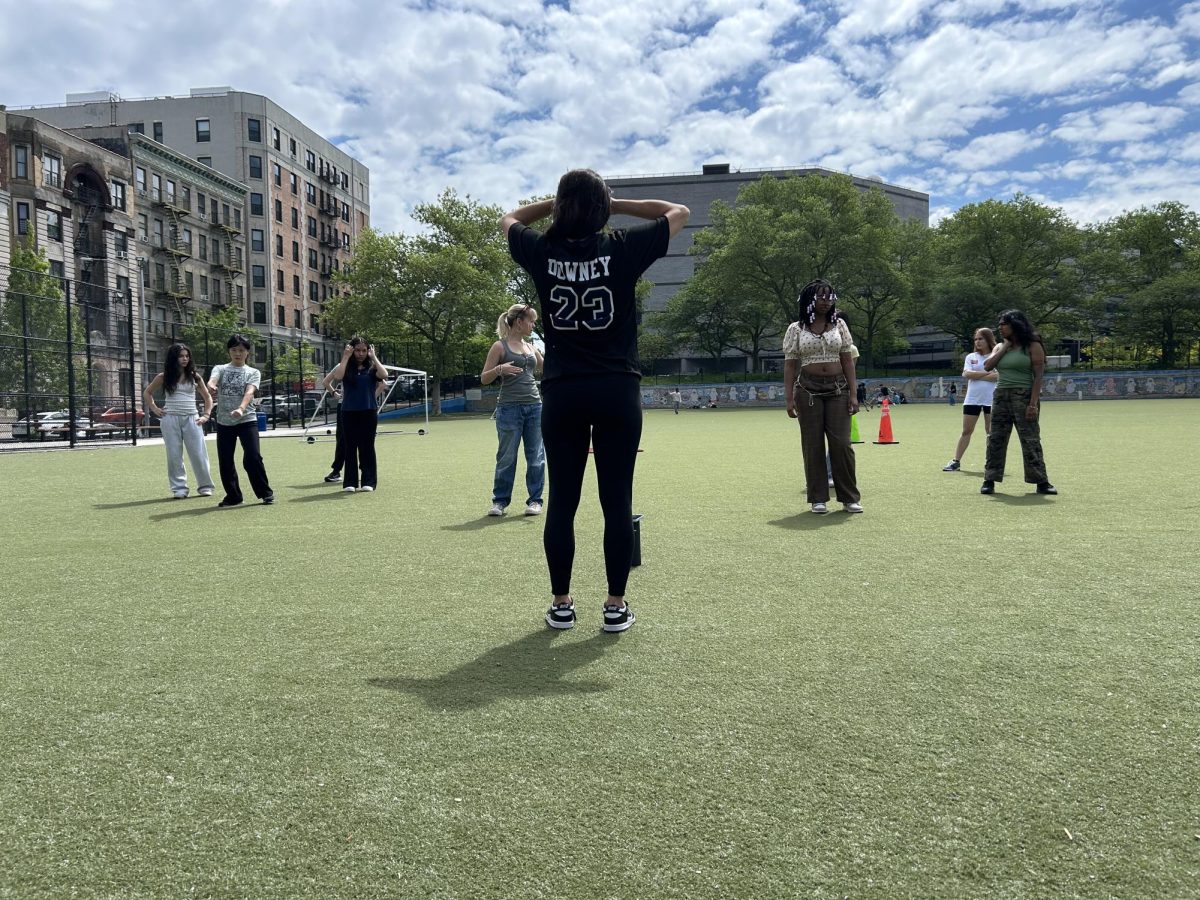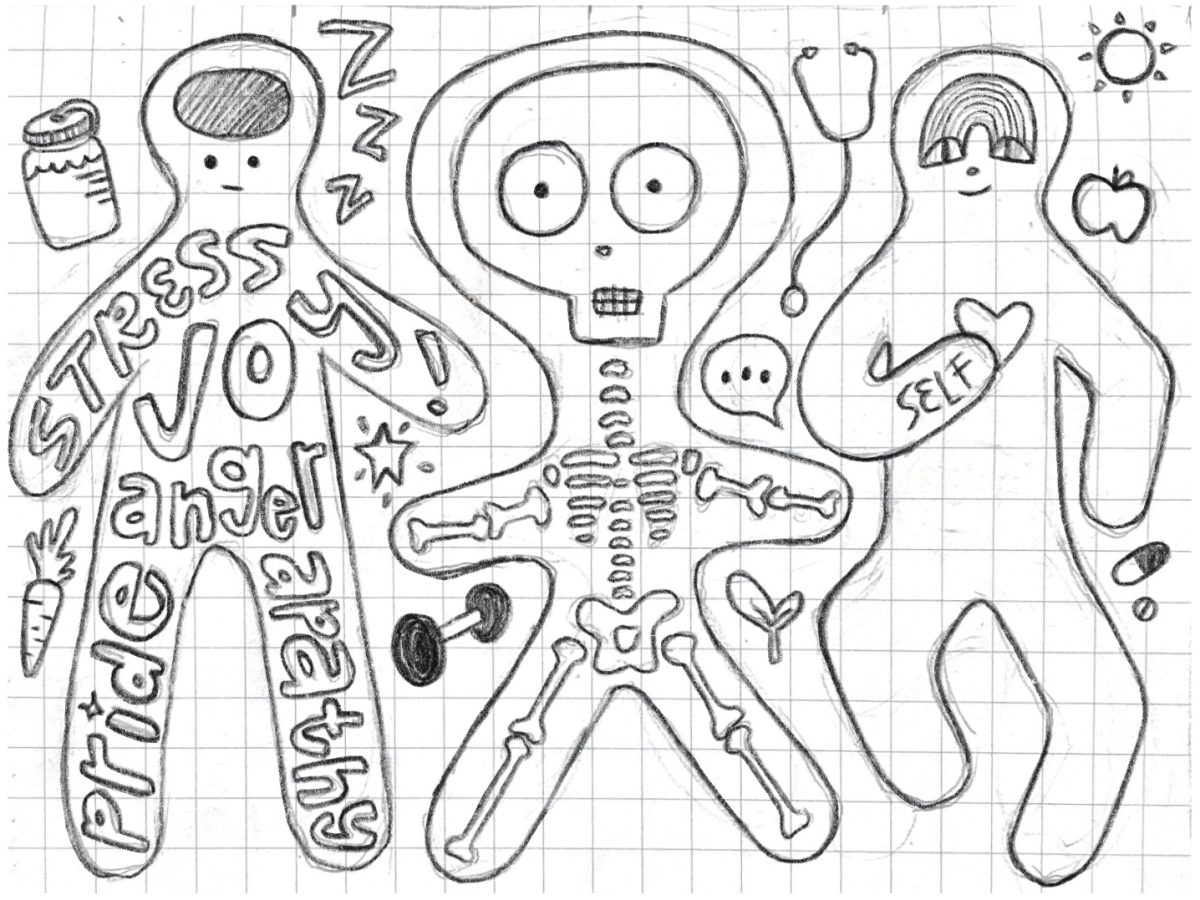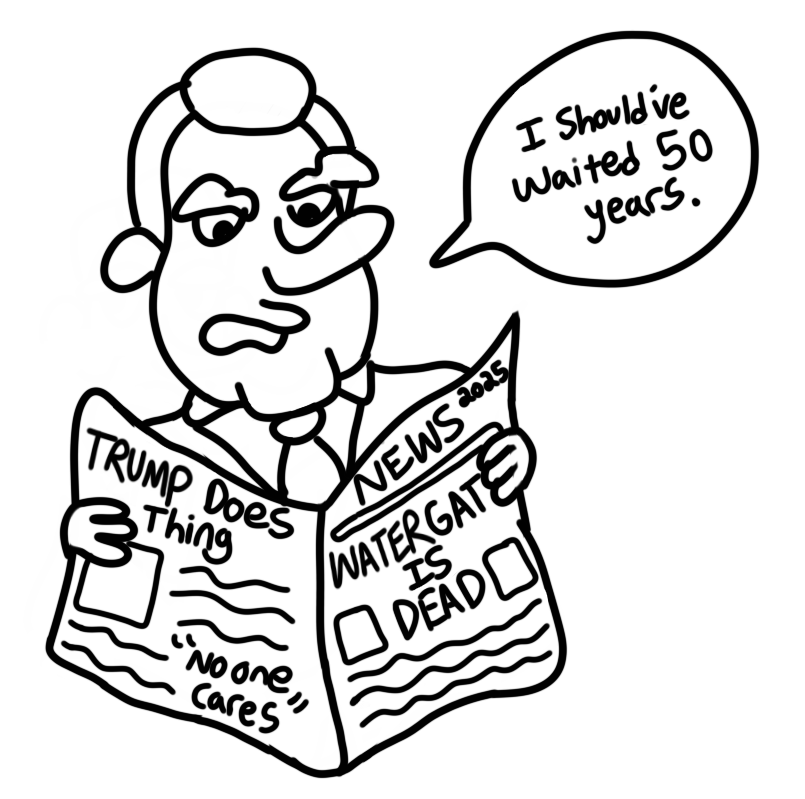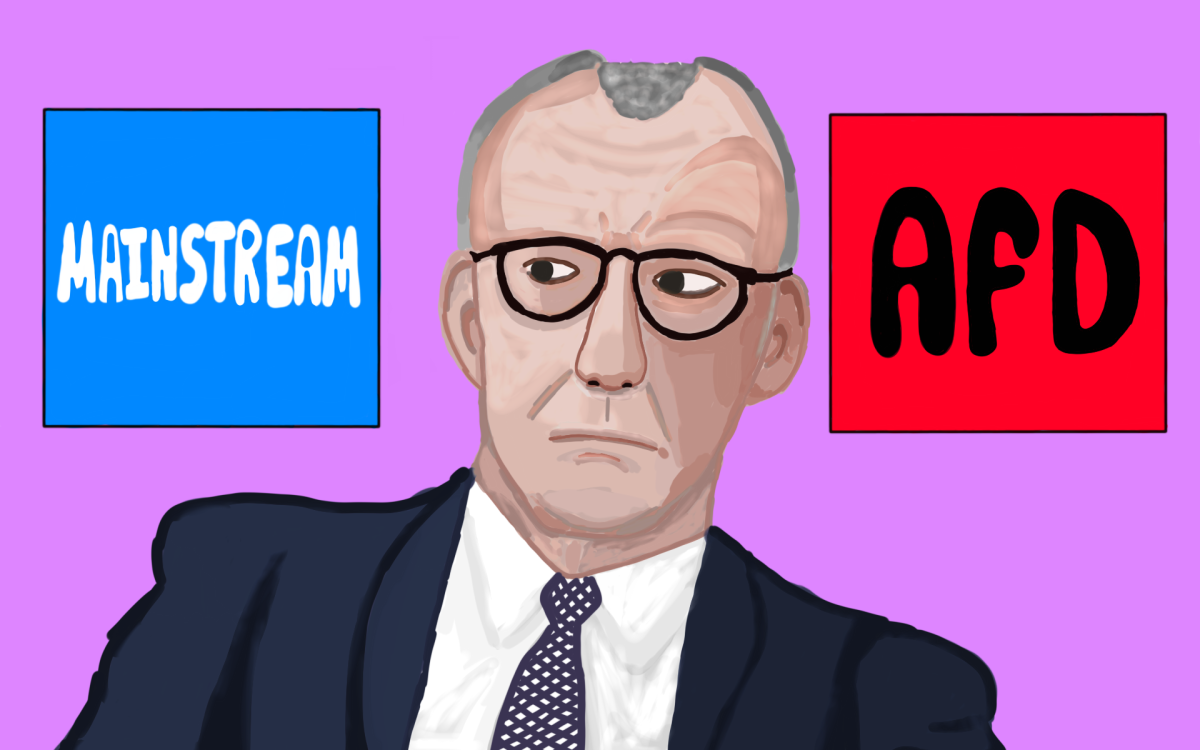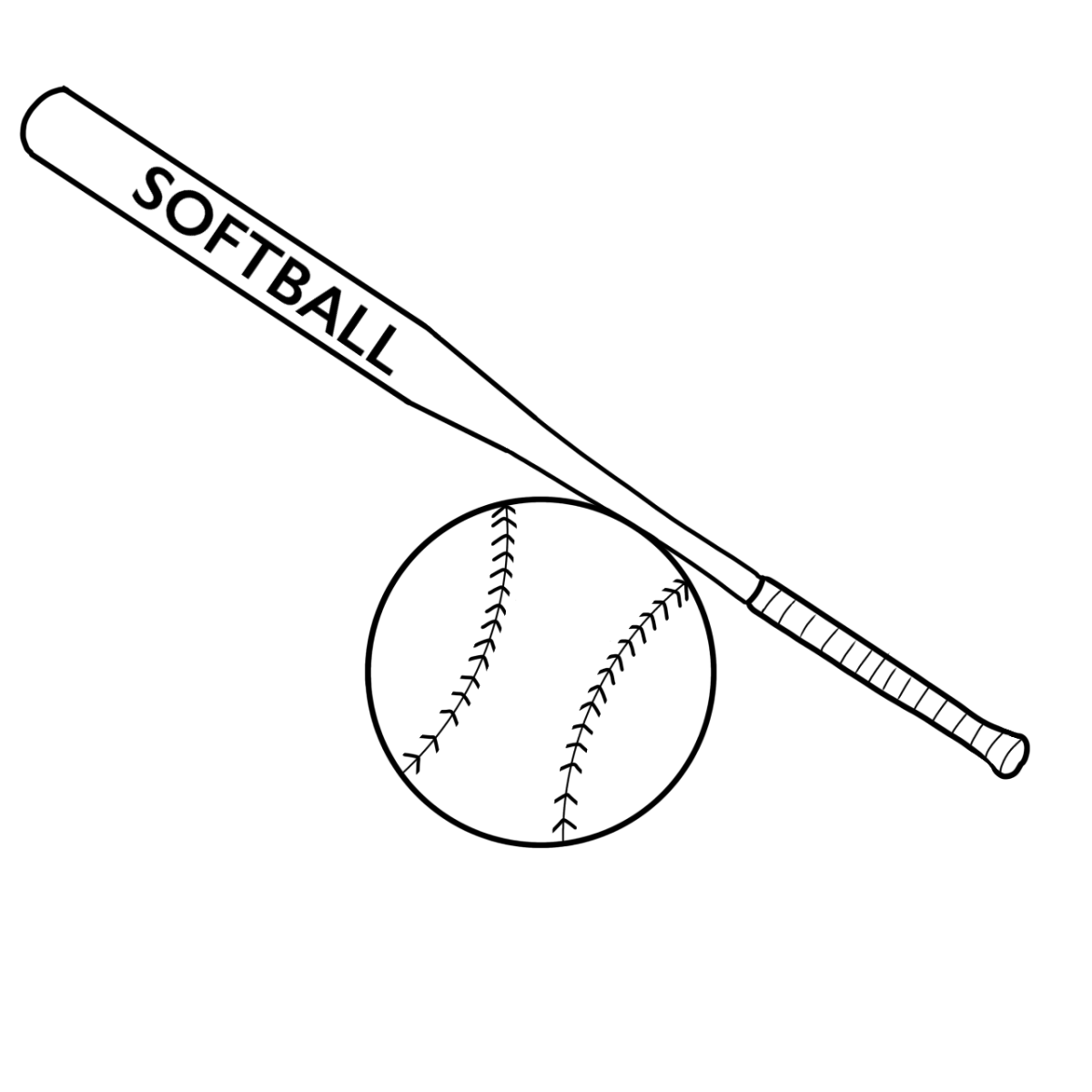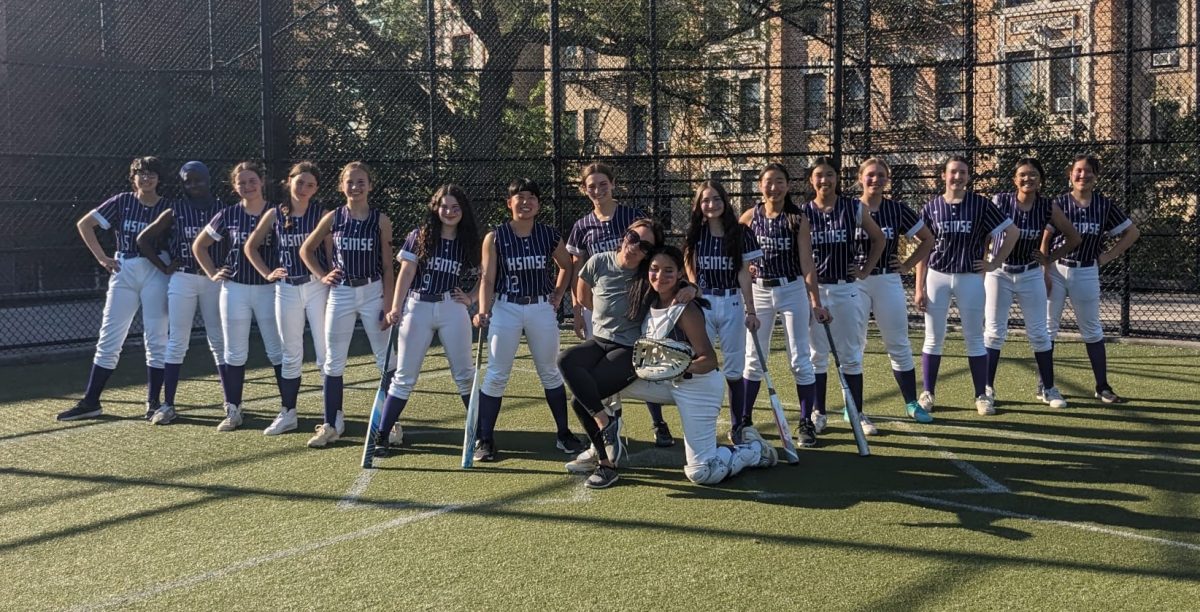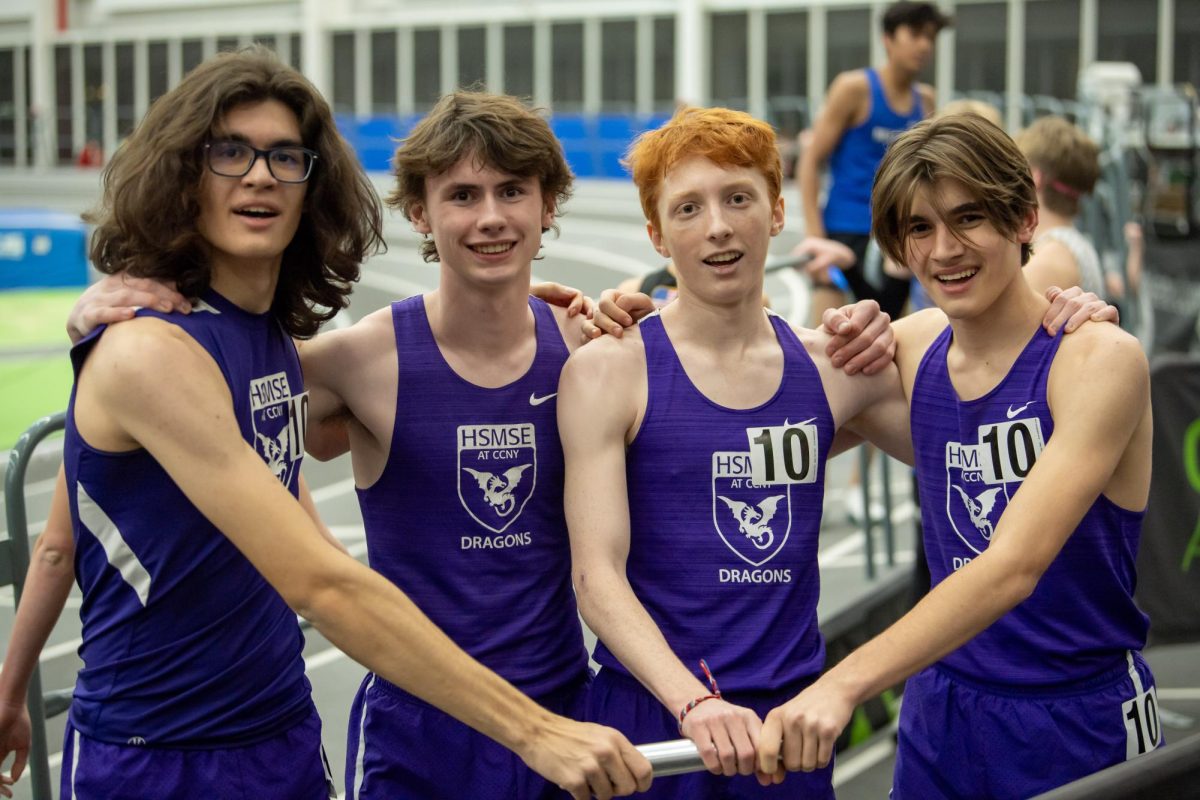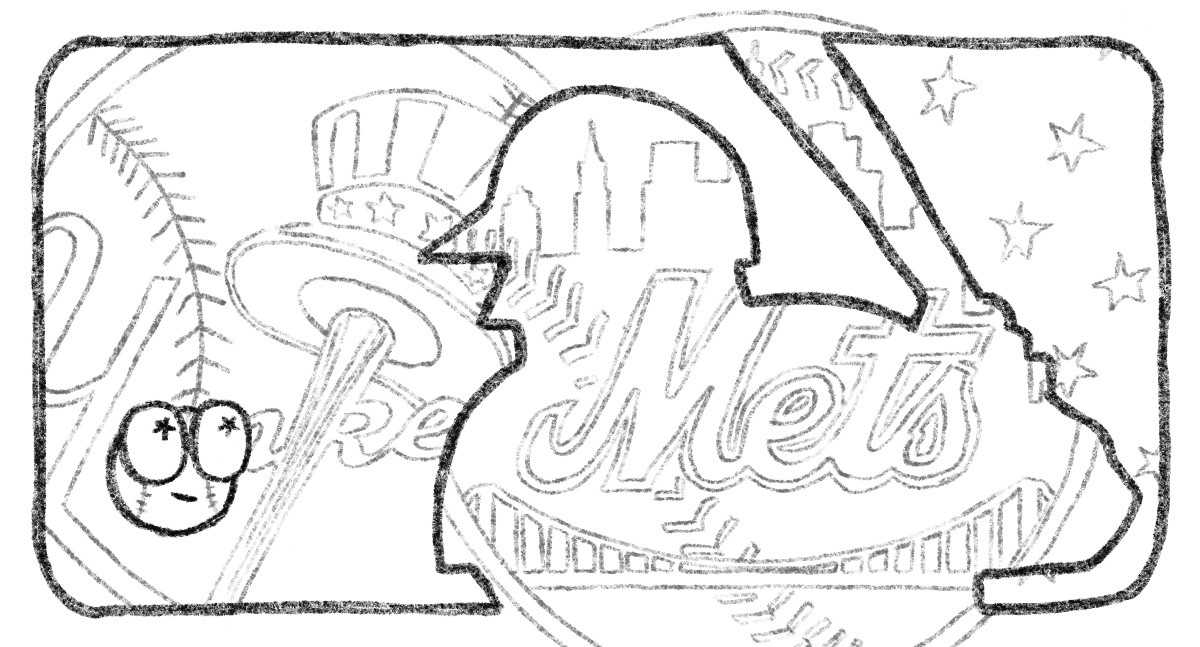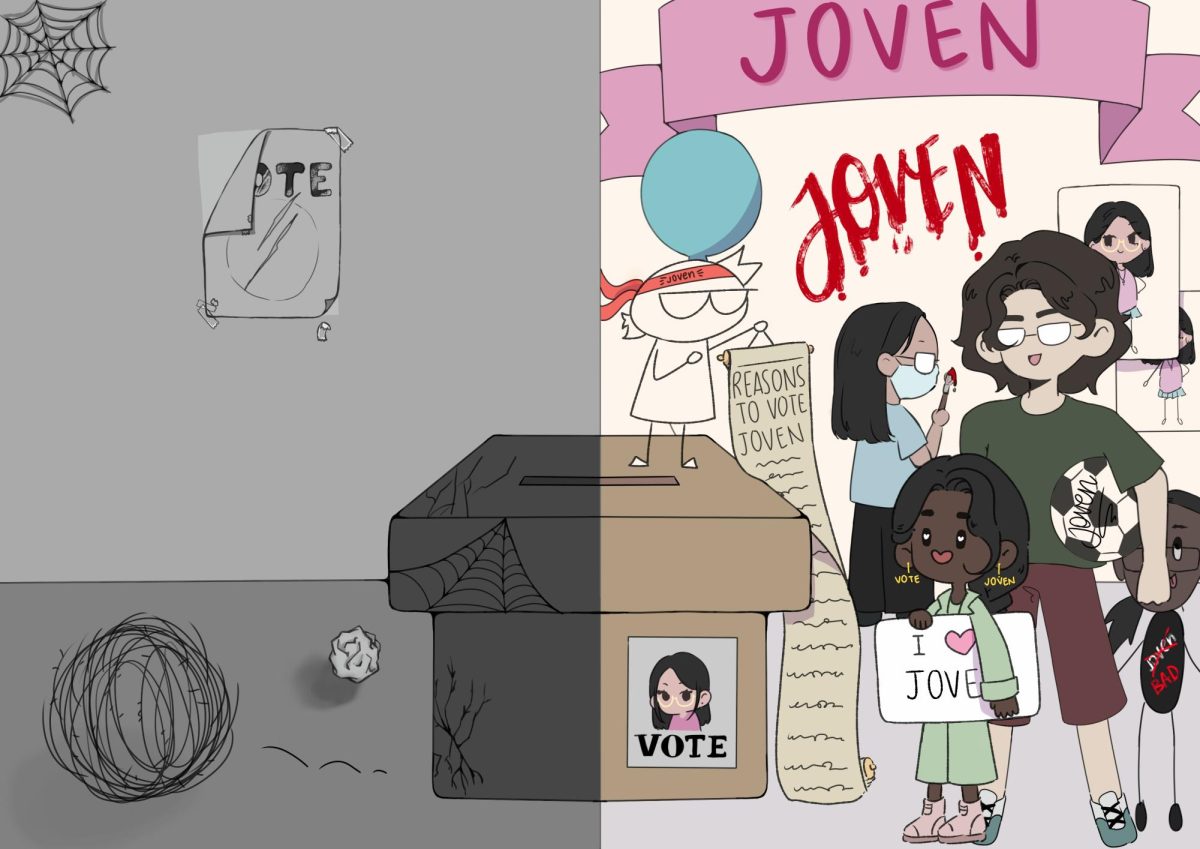SPOILERS FOR SEASON 1 OF THE POLITICIAN
The elections for class president are coming up, yet the majority of students have forgotten about it, don’t know it’s going on, or simply don’t care. There’s not that much lobbying for votes except the occasional poster in the hallway that tells you to vote so-and-so for class president. Furthermore, the elections themselves are kind of underwhelming: a few speeches followed by a small Q&A section, and then it’s straight to the vote. Yet movies, TV, and most other forms of modern media don’t seem to portray class elections in this way; on the contrary, they feature hallways littered with giant, eye-popping posters of candidates and their running mates. The candidates hand out candy, shirts, and pins, and all of the students are abuzz with conversations about whom everyone is voting for. So why aren’t the MSE elections this exciting?
Let’s first consider a portrayal of student elections in modern media — specifically in The Politician. A Netflix exclusive show starring Ben Platt, The Politician follows Payton Hobart, a high school student running for class president who dreams of becoming the president of the United States. The candidates initially employ some pretty normal tactics for high school candidates, such as setting up campaign events like debates and public speeches to gain followers and talk about their goals, as well as polarizing topics for the community such as gun laws. The candidates also talk to the students individually to find out what they want in a class president and what problems need to be solved. However, below these ordinary election proceedings lies an intense and drama-packed plot. The frontrunners attempt to crush each other’s campaigns by sabotaging events and running negative campaign ads. But as the show progresses, their tactics escalate further — Payton is almost murdered by his opponents on two separate occasions.
Most of these events seem far-fetched for the mundanity of real life. No sane individual would poison another individual for something as small as the position of class president (at least, not at this school). It could just be the fact that it’s a TV show and the producers need drama in order to keep audiences watching in order to make money. This is also true for other movies and TV series, such as the movie Election: the events are still dramatic despite being set in a school just as average-seeming as ours. However, our school not only lacks the really crazy stuff, but also the essentials of any election. Candidates don’t really do interviews asking about the wants and needs of the students, apart from a couple forms scattered on posters that barely anyone fills out anyway. What’s more, the most stereotypical image of candidates lobbying for votes — that is, candidates handing out cupcakes or lollipops, buttons, or other goods in exchange for votes — is practically nonexistent at our high school, but it seems to be in almost all the movies. For instance, the “Vote For Pedro” shirt from the 2004 classic Napoleon Dynamite was a staple of its time, but at MSE, we don’t see any shirts telling people to vote for a specific candidate. As well, students don’t seem interested in the election unless it is directly brought to their attention, and some skip the election entirely, thinking it only to be an excuse to skip their elective. It’s likely that the lack of public campaigning could be a cause of the lack of interest in student elections, but if we look deeper into it, there’s another completely new idea that may reveal the reasons for the lack of campaigning or voter turnout.
Recently, something was brought to my mind about the elections that changed my opinion about their importance: the students’ opinion on the role of the class presidents. I’ve always thought that the benefits of being a class president were mainly that you got an automatic spot on Leadership, one of the most influential electives, and you got to make decisions about what types of school events there would be, so it would seem like an important role. Yet some people think that class presidents have barely any power. While it may seem that way due to the seeming lack of school events that people running have promised, the class presidents do actually try their hardest to make their often-occuring ideas into physical events, but the plans just end up falling through most of the time. Despite the high activity of the position, the students still seem to believe that the class president is nothing more than a title because of the behind-the-scenes nature of it all. This may explain why few people care about the elections — why should people care who gets picked if nothing is going to happen anyway? This would also explain why candidates don’t campaign that hard for their victories, or why people don’t seem to take the election seriously. Just like The Politician, the elections seem to rely on the students’ opinions, but unlike in The Politician, the students’ indifferent opinions don’t cause controversy based on who to vote for, they end up causing apathy about the election itself in the first place.
Shows like The Politician make high school elections seem more intense than they actually are. This isn’t all bad, as we don’t want students poisoning each other over a class president loss. Yet how shows and movies like The Politician portray high school elections raises a new question: Does the lack of lobbying and campaigning at our school result in lower amounts of involvement? And if someone were to start doing things like passing around t-shirts or staging debates on MSE-based topics, would people actually care? The only way for the candidates to find out the answer is to try this strategy out themselves.








